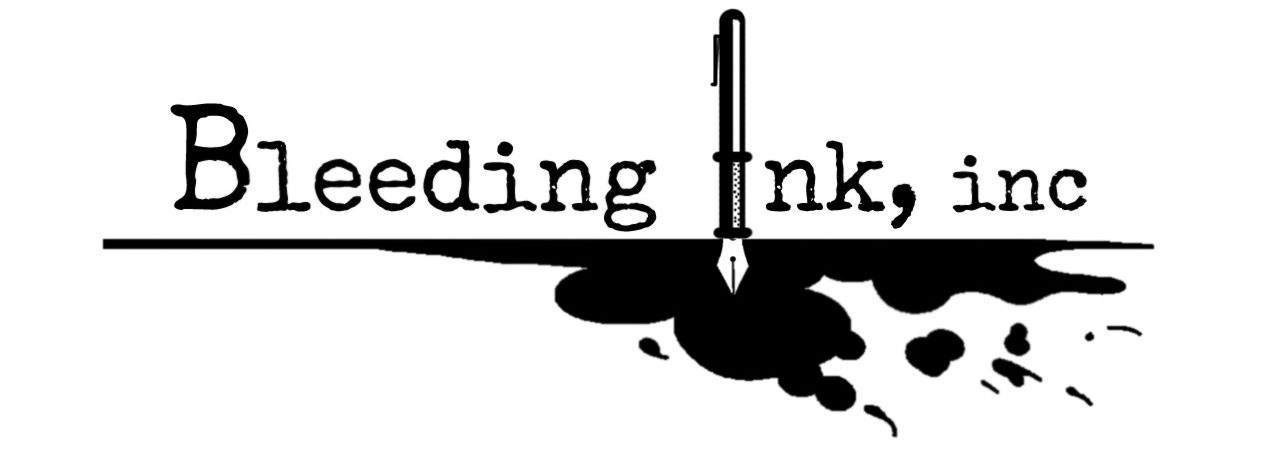Cutting words is one of my favorite parts of line editing. Cutting redundant words was one of my favorite lessons to teach back when I was working at (and running) a tutoring center.
Many people have asked me how I could have cut so many words — in both my own work and in other manuscripts — without losing the essence of the story and important details in it. Here’s a secret: most cutting is not in huge chunks (though that does happen). Most cutting involves adverbs, redundant words, dialogue tags, and unnecessary telling details.
I’m guilty of this just as much as anyone else. One of the first things I had to cut in my editing passes was “whispered softly.” It was one of my favorite phrases when I first wrote the book . . . and it needed to be burned with fire.
Here are some other things to watch out for:
– Murmured/whispered/muttered + softly/quietly: A loud whisper is worth noting. This usually implies that someone is whispering with the intent of being heard, like a stage whisper. A quiet whisper? Well, that’s implied now, isn’t it?
– Phrases like “surrounded on all sides”: If you’re surrounded, it better be on all sides, or you’ve got a very ineffective army. Just like before, if the word already implies something, don’t add extra words.
– Said + ____ly: You can get away with a few of these, but we should be able to tell what your character’s tone/attitude is from their words and posture and facial cues. For example, if your character is saying something “uncomfortably,” have them fidget or break eye contact while they speak.
– Filler words: That, there, this, just, etc. CUT, CUT, CUT!
– Very/really + adjective: You’ve probably heard not to use ten words where four will do. In this case, don’t even use two words where you can use one. “Very hungry” = “ravenous” & “very sad” = “morose” & “very happy” = “elated.” Don’t put unfamiliar, pretentious words in from the thesaurus, but do your homework and expand your vocabulary.
– Would/could + of: Guys, save yourself some grief here. It’s “would’ve” or “could’ve,” not “would of” or “could of.” One word. Cut away!
– Anything that doesn’t directly contribute to your story and/or has already been said, felt, expressed, or shown by the character.
What are some other things you find redundant in writing?

Thanks, Rae. Another for the list: is that preposition necessary? Must you sit down? Stand up? Rise up? Fall down?
Love it! I cut a TON of time-related words. ‘Began to,’ ‘started to,’ ‘a moment later,’ ‘suddenly,’ etc. Yay for lean, mean manuscripts!
I’ve learnt through critique parties that I’m guilty of all of this. It’s something I’ll work on in 2014.